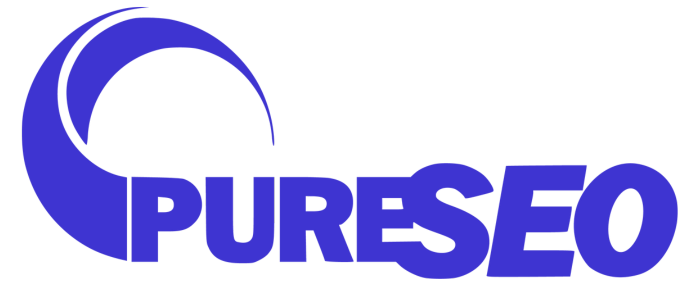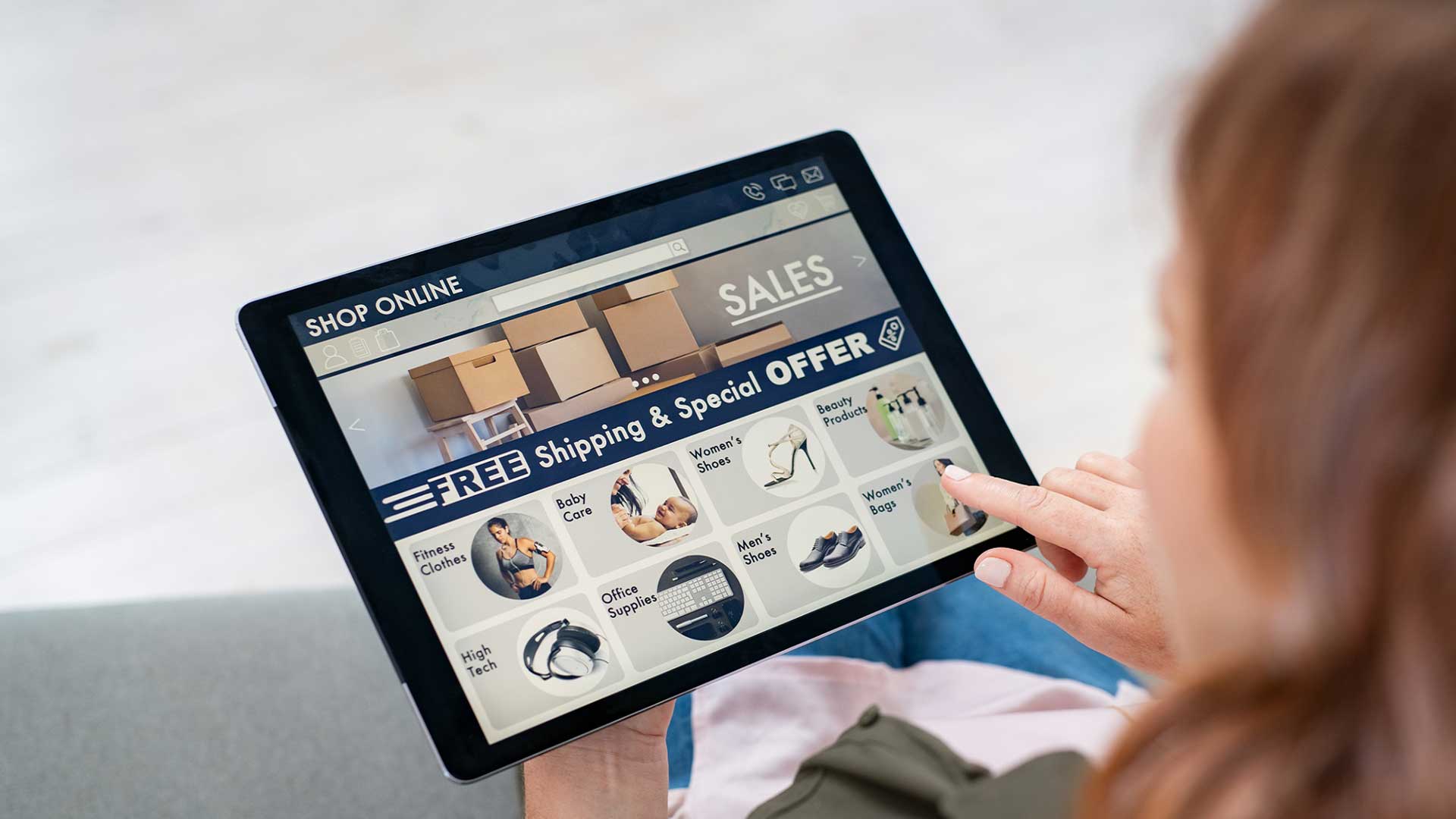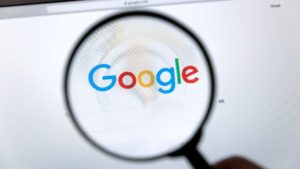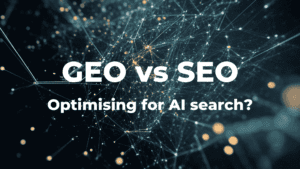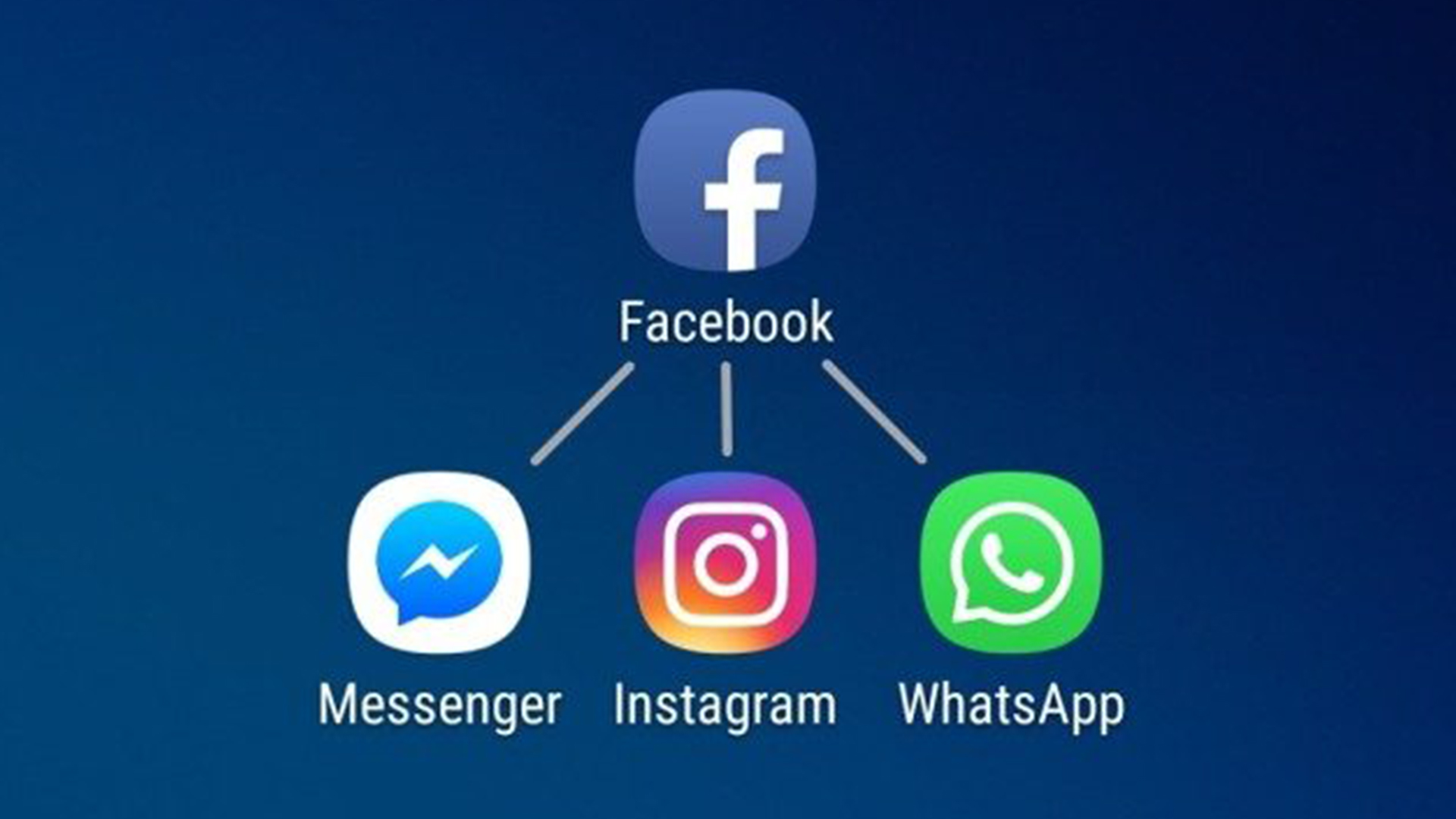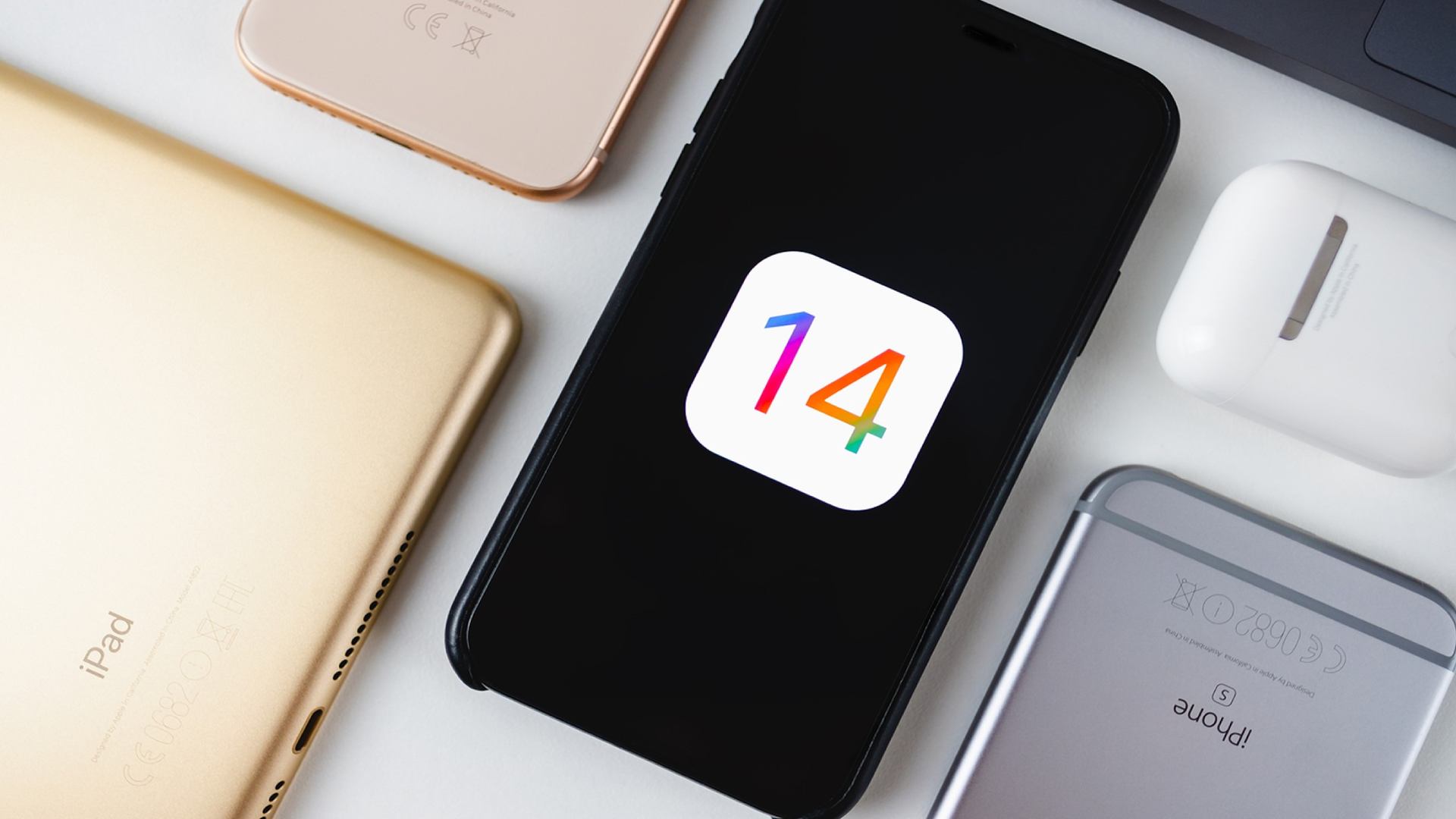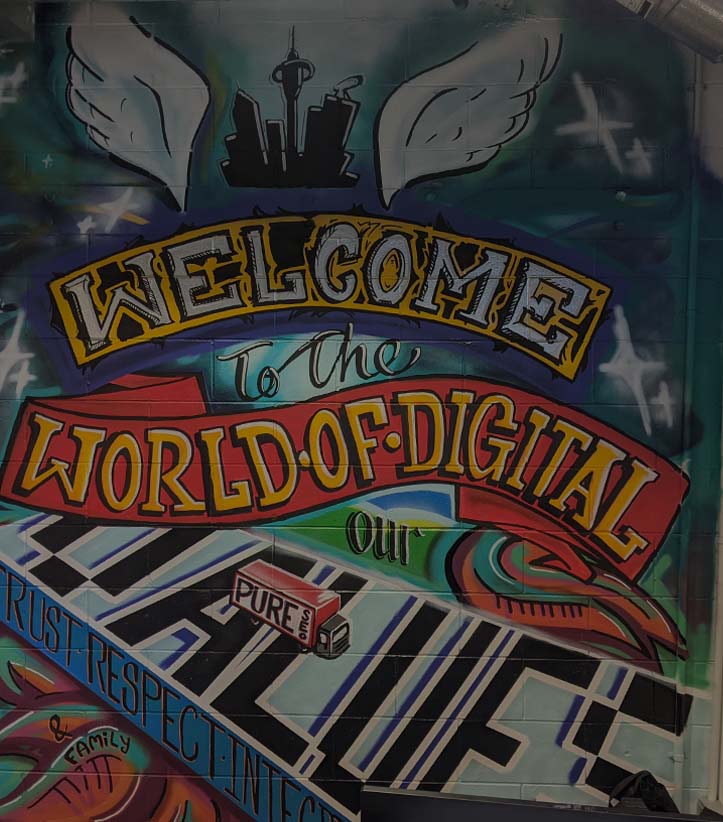
Creating landing pages for your website is easy. Creating effective landing pages that improve your SEO and get you conversions, however, is another story altogether.
A landing page serves a different purpose compared to other pages on your website, and that’s to emphasise a single topic or offer, with the goal to generate leads and get conversions. Therefore, it is crucial that your landing page is optimised to convert website visitors into loyal paying customers.
It only takes 2.6 seconds for a web user’s eyes to land on the part of your website that will leave an impression, so make that first impression count for something! Below, we explain the anatomy of a great ads landing page. Read on to discover all the best tips for creating quality landing pages that convert.
1. Know the Purpose of the Page
Before creating your landing page, the first thing you need to have down is knowing what the purpose of your landing page before you make it. Are you looking to obtain more conversions through sales, gaining subscribers via emails, or through offering free start-up accounts? Having a clear goal for each page will inform all your other decisions and help you create landing pages that are clear, defined, and convincing.
2. Understand Your Target Audience
A landing page should be tailored for its target audience. Once you identify your buyer persona and understand their problems, you can create marketing messages aimed at helping them. You should also design your landing page to appeal to their tastes and preferences.
For example, if appropriate, you can use specialised language for your target audience or use humour that’s relative to your industry. Understanding your target audience and what their needs are can play a large role in converting users.
3. Create Good Content
Content marketing and SEO go hand in hand. Content is what will reel people in and it’s also what will convince them to stay or go. Write concise, interesting content that explains what your business is about and what you’re offering today. Keep it logical and persuasive. Remember, an eye-catching headline is just as important. Make it snappy, memorable, and unique.
As for whether content should be long or short? It depends on the purpose of the page. If it’s an information page, then long, clear, content is essential. On the other hand, if it is a page for signing up to emails, then short, clear, and direct content that simplifies conversion is necessary.
4. Be Authentic
There’s no point in having good content if you can’t deliver on your promises. Once you’ve offered something of value, you need to live up to your word, so make sure your content is authentic and represents your brand. Whatever it is you’re offering in exchange for their personal information, it needs to be realistic and deliverable.
5. Use Psychology
Humans are complex paradoxes. We seek pleasure and we try to avoid pain, but according to the loss aversion theory, sometimes our anticipation of future pain numbs our ability to feel pleasure in the present. This may sound unfortunate, but fortunately, from a marketing perspective, this can be used to promote products and services.
This means that you must show your audience that you can offer them an antidote to pain, whether that’s a literal remedy or a hot new product that they can buy to feel like they’re not missing out.
6. Make it Light and User-Friendly
Patience is a virtue that not many online users have. When they peruse your website, they want the information to be clear and obvious on the page, and for it to be delivered fast and efficiently. Landing pages need to be quick stops, with clear goals. Pages cluttered with aimless text or overflowing with uninformative images, will not be engaging or persuasive.
Furthermore, your landing page should be easy to navigate and easy on the eyes. If it’s quite a long page, break it up with white space or images. Loading speed is also an important factor to consider because while your site may look great, you may still be losing conversions simply because your loading speeding is slow.
7. Create Content that C.O.N.V.E.R.T.S.
Think of your site’s visitors as guests you’ve invited into your home. Make them feel welcome, keep them intrigued and entertained. It’s not enough to have people simply checking out your site. You need them to peek inside the other rooms and take some form of action.
If your website is getting lots of traffic but the results aren’t converting into sales or inquiries, it’s time to pay attention to the details of your landing page and tidy it up into a landing page that C.O.N.V.E.R.T.S.
C = Clear Call to Action
Want to have a landing page that converts? One of the most important parts of creating a successful landing page is having a clear call to action (CTA). With a call to action, you want to use a message that gets the website visitor to take immediate action. Call to actions should be clear and bolded, not blending in with the background.
By implementing a nice bold button that tells the website visitor exactly what to do next, whether your CTA is “Download Now”, “Sign up now”, or “Start a free trial”, you can smoothly guide them to the next step in your funnel.
O = Offer
This is anything you’re offering in exchange for your visitor answering your call to action. Typically, this can be anything from coupons, discount vouchers, a free trial, or a small gift. Set a deadline such as an expiry date to make the matter feel more urgent.
N = Narrow Focus
When designing your landing page, you want to avoid any unnecessary distractions.
What does this mean? Well, more choices create indecision, so keep your landing page free of any redundant content and deemphasise anything that’s not your call to action. Avoid navigation links to other areas of your website such as your home page or blog posts and try to focus on one offer so that you can maximise your chances of conversion.
Essentially: keep it simple, keep it neat. You can play around with colours, fonts, and layouts to figure out the best look for your brand.
V = VIA: Very Important Attributes
No one does anything without a good reason, your visitors included. To turn your visitors into loyal paying customers, you need to persuade them to see the benefits of your services. You do this by identifying 2 to 5 Very Important Attributes (VIA) about your product or services that you think your visitors will value most.
You could write about the unique features of your product/service, the benefits they’ll receive by purchasing or getting involved with your company, and conversely, the ways they’ll avoid misery.
E = Effective Headline
A good headline should be written in plain language (no need to show off, the visitor’s already here!) in a big, readable font. It can be witty, creative, or straight to the point – it just needs to give a clear picture of what you’re all about. Think Tinder or Instagram bio.
Also, consider the effectiveness of persuasive subheadings. Positioned underneath the main headline, subheadings give you a space to provide more detail on the topic.
R = Resolution-Savvy Layout
Keep in mind that different sized monitors will show a different picture. Avoid the horror of having your site appear indecipherable by keeping the important stuff in the centre. This way, even if some of it’s sliced, your visitor will still have a clear picture.
T = Tidy Visuals
Think high-quality over quantity. A lot of white space, big font, and simple design elements that direct the user to the CTA are fail-proof solutions. Consider using bullet points and subheadings to break up the page.
Ever hear the saying “a picture tells a thousand words?” Well, not only does it speak VOLUMES, but our brains also process images 60,000 times faster than text. This means that in just a glance, we consume more information than when we sit down to read the entirety of a book.
The images you use should be of high quality and not too small, however, not be too large that they slow the loading speed of your page. And before you include images on your landing page, make sure they are relevant! For businesses that provide products, include images of the products. If it’s a service, add an image of people enjoying the service. Images of people will evoke an emotional response so the viewer can resonate with them.
Videos are another effective way to fill up space without cluttering the page, and they can increase conversion by 80%! A video can improve customer trust and make your product come to life for a visitor, inspiring them to stay longer and decreasing bounce rate.
<H3> S = Social Proof </H3>
Humans like to do what others have already done or shown approval of, so give proof of your site’s social validation. You could include a list of customers, press mentions, or quotes. You can utilise platforms such as Trustpilot that collect product reviews and provide on-site testimonials highlighting the best customer experiences on your site.
If you’re just starting out and don’t have much social feedback to go off of, call your mum or a close friend! You’re guaranteed to get a positive quote out of them. Learn more about social proof on our Benefits of Social Proof Landing Pages blog post!
8. Lastly – Be Easy to Reach!
Prove that your business is legitimate by adding a method of contact somewhere on the page. You can go one step further by adding a chat option on the bottom corner, so your customers can enjoy the convenience of instant communication.
Get the Keys to Success
And there you have it! Follow these tips and you’ll be well on your way to converting leads into customers. But remember, results don’t happen overnight. Patience and consistency are key. If you keep these points in mind, you’ll have the trick to landing page conversion under your thumb!
For more information on landing page optimisation, get in touch with the team at Pure SEO today!
